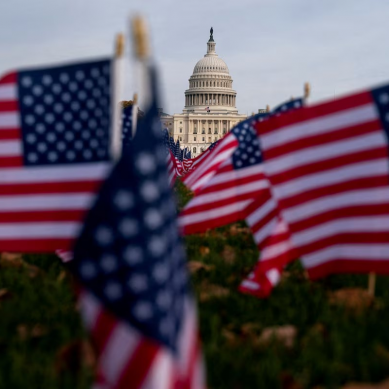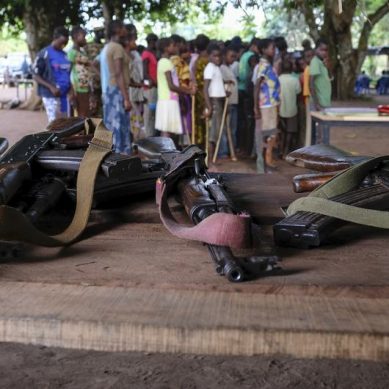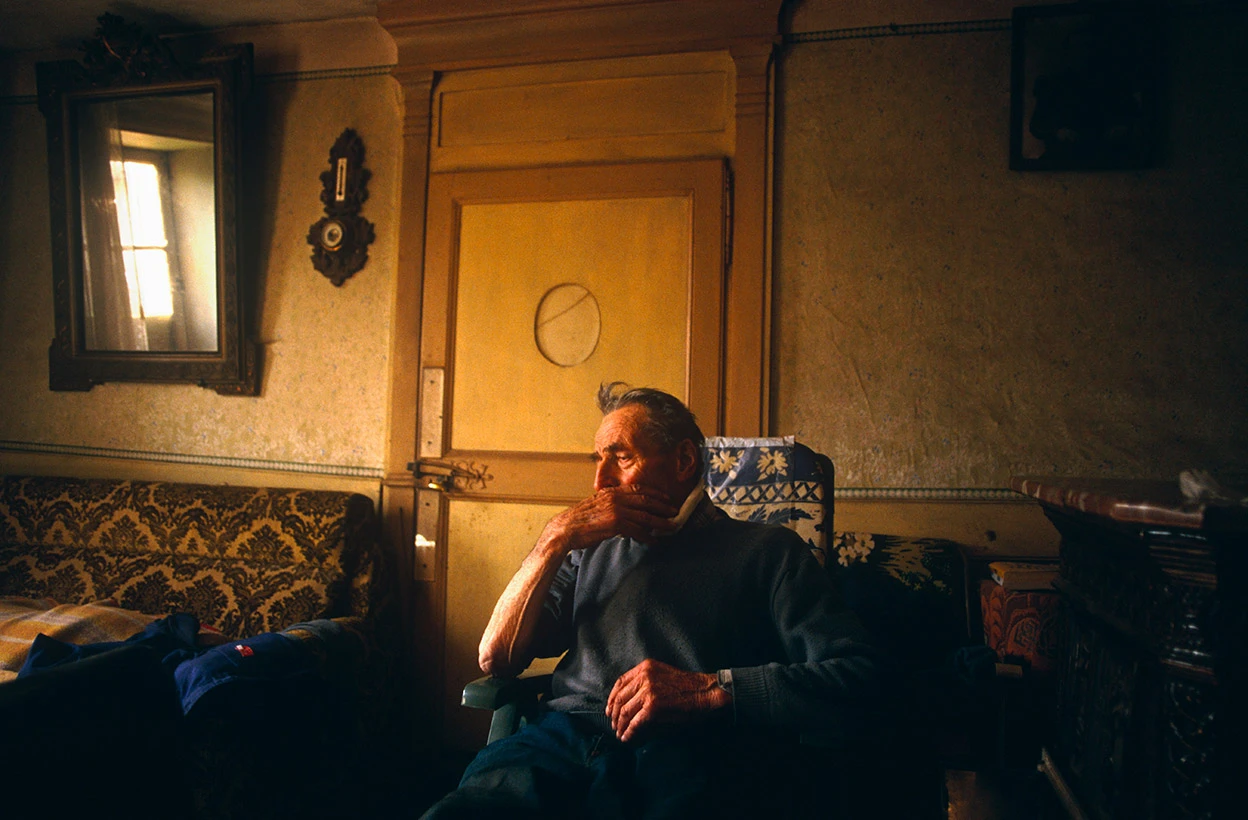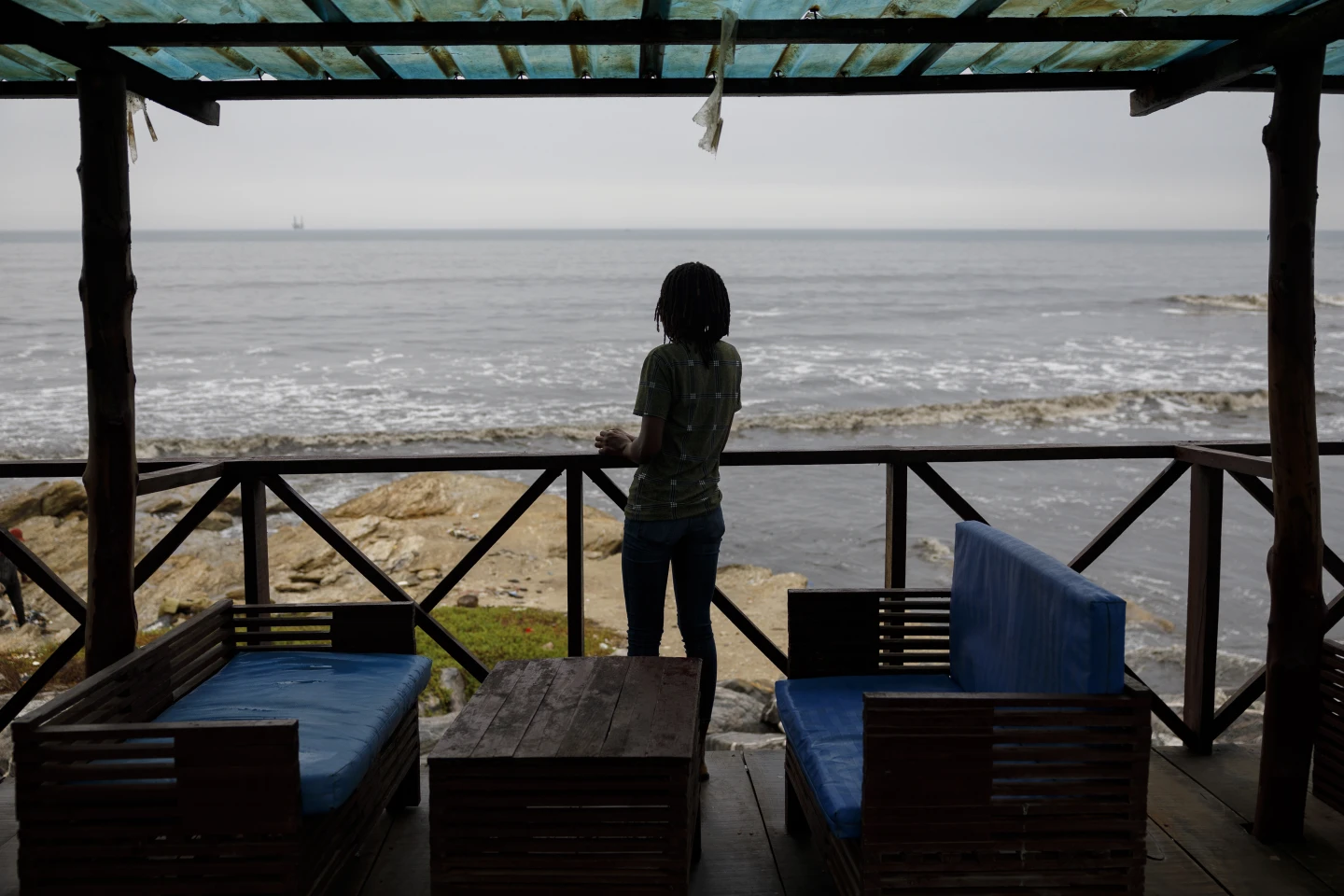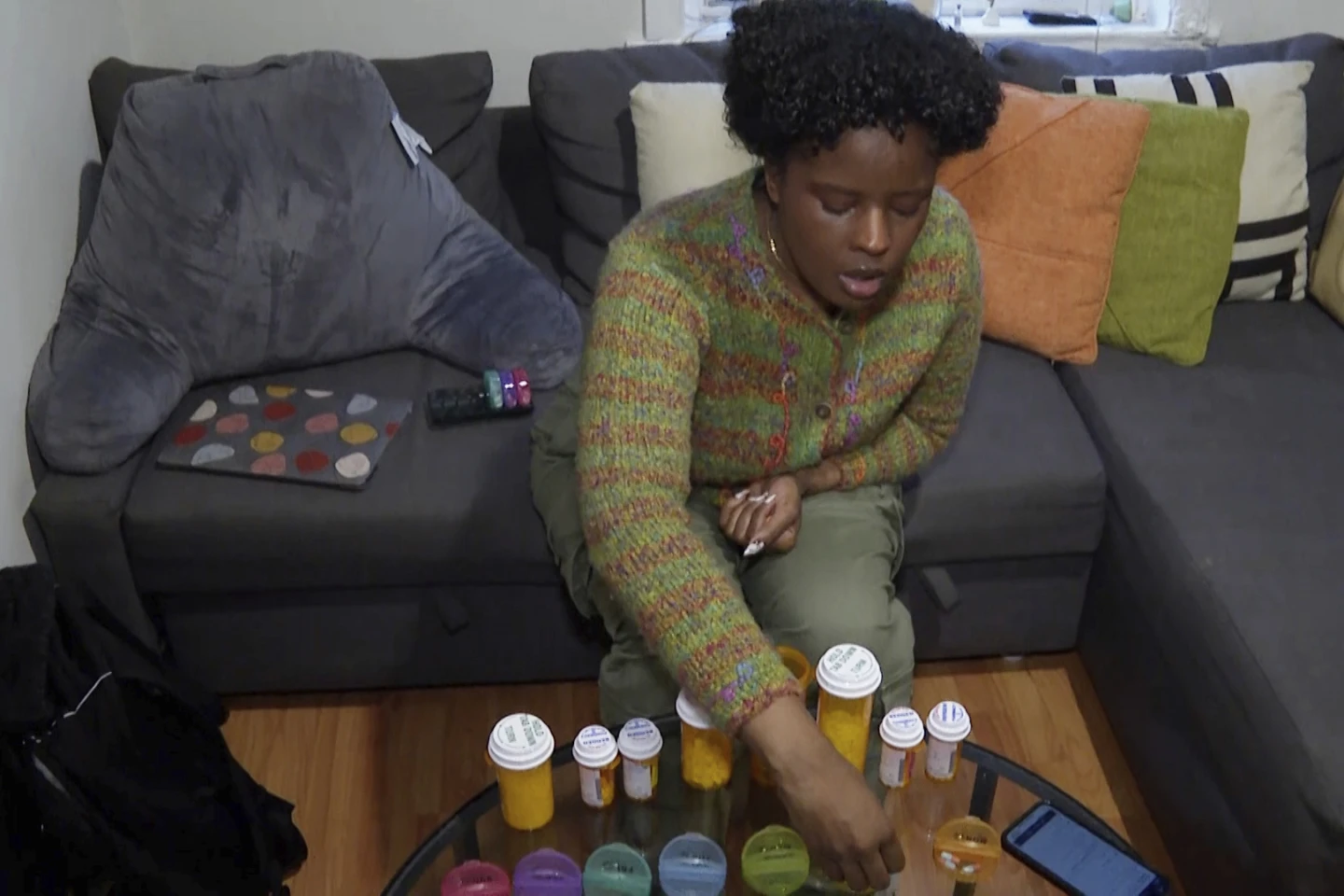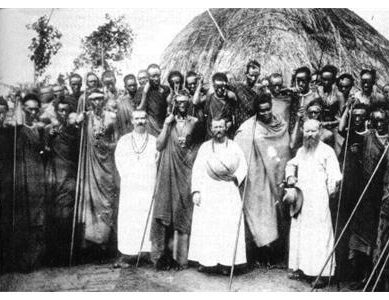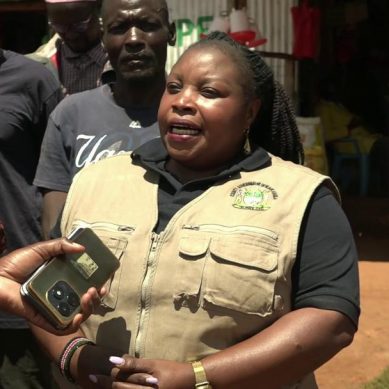Loneliness: Why lack of social interaction is linked to higher risk of cardiovascular disease, dementia
Loneliness is a slippery concept. It’s not the same as social isolation, which occurs when someone has few meaningful social relationships, although “they’re two sides of the same coin”, says old-age psychiatrist Andrew Sommerlad at University College London. Rather, loneliness is a person’s subjective experience of being unsatisfied with their social relationships.
In a season of three very good teams, rather than one or two sides, final 90 minutes will decide EPL champions
Liverpool and Arsenal are, as Guardiola says, “very good”. But exceptional? Exceptional in the way that City and Liverpool have been at their best in the Guardiola-Klopp era? Perhaps not.
After Arsenal and Liverpool test Man City to the hilt, doubts linger if they can holdoff ‘Cityzens’ late charge
But to talk of “firing on all cylinders” means the type of performance level City reached in the final months of last season, when they scaled extraordinary heights not just in terms of results but the manner in which they swept aside opponents like RB Leipzig (7-0), Liverpool (4-1), Bayern Munich (3-0), Arsenal (4-1) and Real Madrid (4-0) in high-stakes matches between mid-March and mid-May.
While abortion is now legal in much of Africa, few women know and providers don’t publicise it
More than 20 countries across Africa have loosened restrictions on abortion in recent years, but experts say that like Efua, many women probably don’t realise they are entitled to a legal abortion. And despite the expanded legality of the procedure in places like Ghana, Congo, Ethiopia and Mozambique, some doctors and nurses say they’ve become increasingly wary of openly providing abortions.
Chronicles of 1994 Rwanda Genocide trace its roots in Kagame, Museveni’s quest to put Great Lakes Region under Tutsi dominion aided by UK and US
It should be noted that only three days prior to the attack that then Rwandan President Juvenal Habyarimana had announced at the UN General Assembly in New York, key concessions to refugees. However, the RPF chose not to allow the validity of Habyarimana’s initiatives to be confirmed.
US abolishes centuries-old biased test that kept thousands of Blacks from getting kidney transplant
At issue is a once widely used test that overestimated how well Black people’s kidneys were functioning, making them look healthier than they really were – all because of an automated formula that calculated results for Black and non-Black patients differently. That race-based equation could delay diagnosis of organ failure and evaluation for a transplant, exacerbating other disparities that already make Black patients more at risk of needing a new kidney but less likely to get one.
Wrong right: How Belgium and Catholic church cultivated Tutsi-Hutu ethnic hate that spilled to Congo and Uganda
The Belgian authorities had anticipated this kind of instability and had prepared for it. Governor Harroy had approached a friend of his, Colonel B.E.M Guy Logiest who at the time was an officer with Force Publique in the Congo to help him prepare. And so when the upheaval began, a detachment was sent from Bujumbura on October 24, 1959. Then on November 4, 1959, Colonel Logiest arrived accompanied by Force Publique soldiers as well as Belgian paratroopers.
PEPFAR: Pioneer of embattled global HIV programme recalls the hope after years of despair
Opponents say the HIV/Aids funding could be indirectly supporting abortion abroad, although the Biden administration and PEPFAR’s defenders say there is no evidence that it does. After a handful of conservative lawmakers threatened for months to block the funding unless restrictions were attached, a compromise was struck in late March that extends the funding for a year.
European football grapples with irony of Black players dominating the game, but can’t be hired to coach
Racism has long permeated the world’s most popular sport, with players subjected to racist chants and taunts online. While soccer governing bodies such as Fifa and UEFA have taken steps to combat the abuse of players, the lack of diversity in the upper ranks at major clubs remains an unsolved problem.
Pop star Shakira revisits how she turned pain into ‘tears of triumph and tears of self-recognition’ in new album
In reality, the last few years haven’t been kind to Shakira. In 2022, after 11 years and two children together, she separated from soccer player Gerard Piqué, leading to what she’s called the “dissolution of my family.” She faced charges of tax evasion in Spain; in November 2023, she received a suspended three-year sentence and paid a fine of €7.3 million ($8 million) in addition to previously unpaid taxes and interest.
